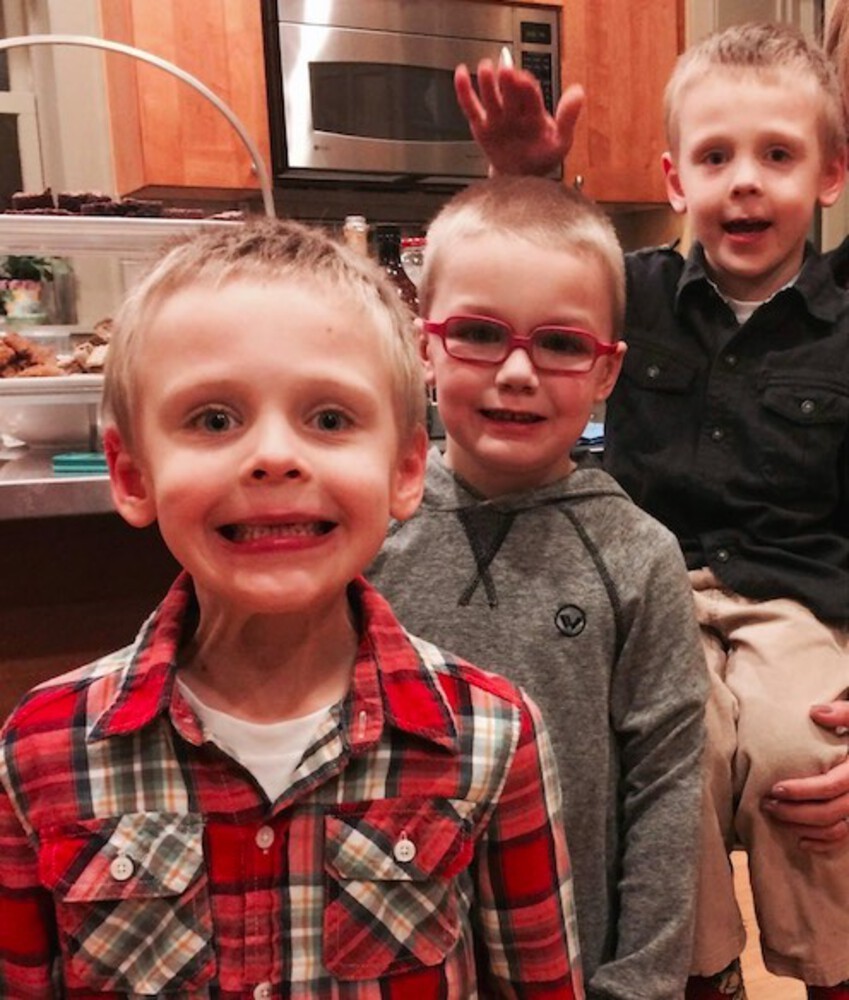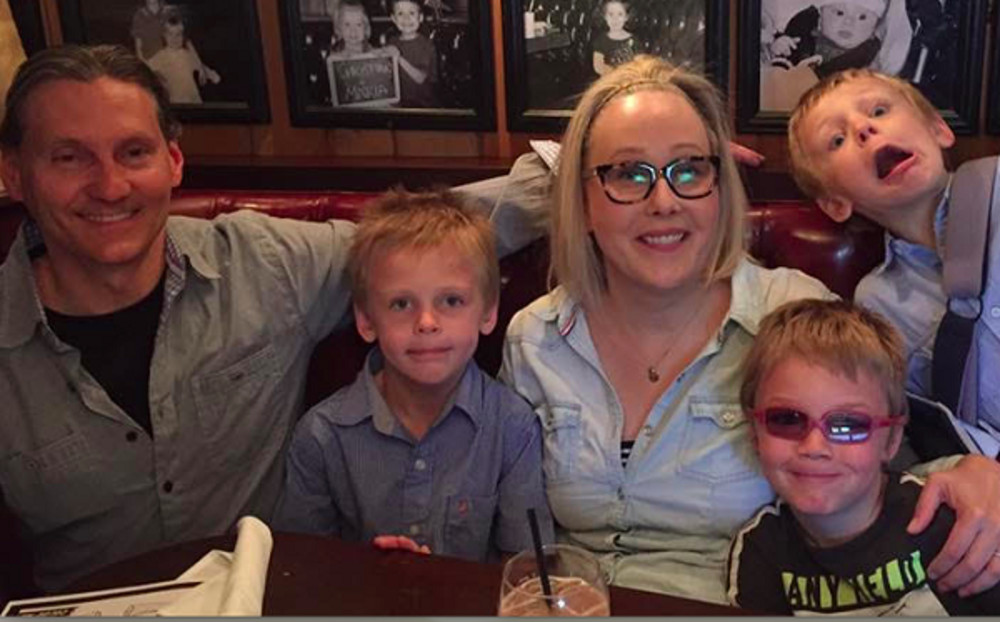Parenting is all about protecting our children. It’s in our nature. As our children grow older, keeping them safe becomes more difficult. They have more freedom and therefore the ability to make choices that can impact their lives in both positive and negative ways. Once our children come to us, we never stop worrying about them.
The responsibility of being an effective parent is both exhilarating and daunting.
Our ultimate role is to provide our children with a foundation that will teach them to trust themselves. That trust is what will enable them to be self-sufficient as they mature.
If we begin our relationships with our children by obscuring the information from where they came, how stable will their foundation be? How will they ever be able to truly trust themselves if they don’t have a full sense of their entire makeup? If those children learn from where they originated later in their lives, how will that affect their feelings towards their parents? What if they find out that their parents withheld that knowledge from them? How will that impact their feelings about those who knew but didn’t share that truth?
Donor Conception
What is donor conception? It is when eggs and/or sperm are used to create an embryo. It can also refer to embryos donated to a separate family for use in third party in vitro fertilization (IVF), known as embryo adoption. A donor-conceived person is conceived through the donation of gametes, either from two separate individuals or, in the case of embryo donation, a couple. A concern intended parents often have is if a baby conceived via donor eggs resembles the egg donor. Sure, sometimes. But what they’ll come to realize is that the moment they see that baby it’s not a donor baby – it’s their baby.
Our Egg Donation Story
My children came to me through adoption and third-party fertility. I’m a mother because four other adults played a part in my children’s biology. I’ve chosen to share that knowledge with my children from the time they were born by discussing it as a factual part of all of their birth stories. It has been woven into the fabric of each of their newborn stories. To them, our family and friends and to us, it’s as normal as when my mother told me about all of the details leading up to and beyond when I was born.

The abbreviated version of my children’s birth story is that they were all born in a year. We explain that we suffered a lot of sadness before they were born and we most definitely wanted to be their parents. We decided to try to adopt and undergo third-party fertility at the same time. Our son’s birth mother allowed us to be present during his birth. It was the most wonderful experience even though it took him over 26 hours to be born. With our two youngest, we share that a woman we didn’t get to meet in person, gave us one of her baby eggs when their big brother was just a few months old. Once the doctor put the egg into Mommy (me), they played a trick and turned into two babies. When they arrived two months early, they surprised us again. We believe they wanted to hurry and make it to their big brother’s birthday party in my hospital room.
Egg Donor Children Experience
As they’ve grown, they talk about the way that they came into the world. They get some of the information correct but some of it a little wrong too. When they were about 3-years-old and our oldest was 4ish, we were all sitting around at breakfast chatting. Out of the blue, one of them mentioned: “…that nice lady who gave mommy one of her legs…” Our oldest chirped, “Not one of her LEGS, one of her EGGS!”
A couple of years later, we were in the family van driving to school. The fellas were in the back and one of my younger guys said that they were allergic to fish. I have no idea from where that notion came but before I had a chance to chime in my oldest said, “No you don’t. The egg carton that you came in would have said it on the label!”
Luckily, when we learned our family building options, the potential grandparents, aunts, uncles, sisters, brothers, and cousins didn’t pipe in with their thoughts, fears and/or concerns about us taking either route. Since then, I’ve transitioned into the third party fertility space as my profession. Many of the people with whom I meet wonder if they should tell their future children about their egg donation stories and to whom they are genetically linked. I recognize that certain families and cultures prefer not to. I also know that for many parents, there’s a deep-seated fear that their children’s feelings toward them may be less than if they don’t share a biological connection.
Is There A Right Age To Tell?
I’ve been a parent for over ten years now. Being honest and truthful with my boys by making those details known is one of the reasons I believe our bond is so strong. It’s a mere bullet point of which they’ve always been aware. Had I waited to share those details, that new and surprising knowledge may have defined them and/or changed their view of themselves, either as children or as donor-conceived adults. I’d much rather their unique accomplishments delineate them via their own choices.

What I’ve seen since I’ve been working in third-party fertility is that the extended families who originally had concerns about the origins of their future grandchildren, nieces, nephews, cousins, etc. don’t care one bit about the biology the moment the child comes into the world. The genetics and biology are all obscured by their overwhelming adoration for that baby. They argue over who gets to hold the baby next and for how long. I give all of the parents the same advice – make sure you have a timer on hand and set it for 15 minutes. Once it dings, you get to decide which lucky person gets to hold your son/daughter next.
So – do you tell your child about the egg donor? I strongly encourage it, and research supports this decision too. My children don’t ever question that I’m their parent. I believe that the people who contributed to my ability to become my sons’ mother deserve to be honored and mentioned. Had they not, I may have never been given the gift and awesome responsibility of loving and worrying about all of them all of the time.
Denise Steele is the mother of three young sons and an Account Strategist at ConceiveAbilities.